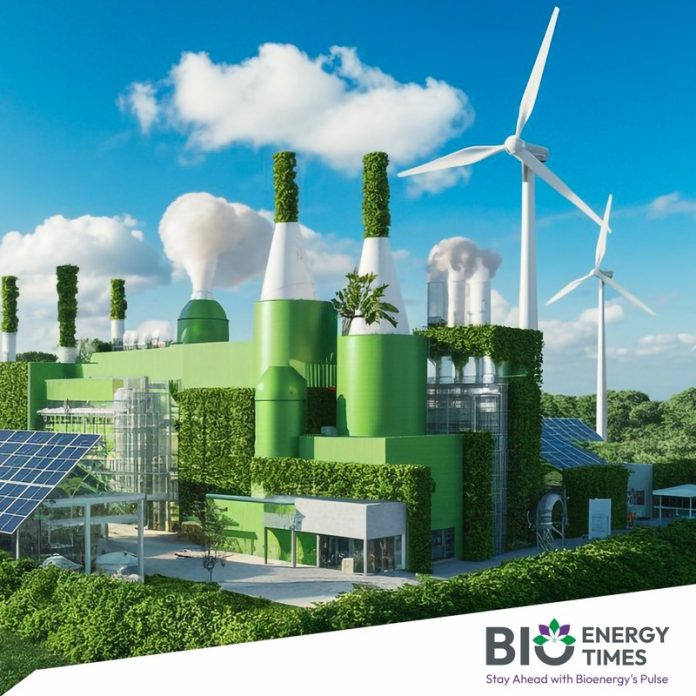A research team led by Professor Zhang Jian from the Ningbo Institute of Materials Technology and Engineering (NIMTE), part of the Chinese Academy of Sciences (CAS), has found a way to use metal corrosion to create high-performance electrodes. These electrodes help convert bio-based 5-hydroxymethylfurfural (HMF) into valuable products more efficiently and affordably. The findings were published in Chem Catalysis, reports ChinaDaily.
Corrosion is usually seen as a problem because it damages materials and causes financial losses. However, scientists are now exploring how it can be used positively, especially for upgrading biomass.
Biomass is one of the most widely available renewable resources. It can be processed into fuels and chemicals that replace fossil fuels, helping to reduce carbon emissions and support environmental goals.
Inspired by the idea of turning damage into something useful, researchers at NIMTE combined natural metal corrosion with biomass conversion. They developed cobalt-copper microwire arrays on copper foam (CoCuMW/CF) using a process called cobalt ion-enhanced corrosion induction.
These specially designed electrodes can efficiently convert HMF into 2,5-bis (hydroxymethyl) furan (BHMF), a substance that can be further processed into eco-friendly plastics, rubber, and other valuable chemicals.
The CoCuMW/CF electrode showed excellent performance, achieving a 95.7% conversion rate of HMF and an 85.4% yield of BHMF at a voltage of -0.5 V vs. a reversible hydrogen electrode (RHE). This indicates its strong ability to carry out hydrogenation (adding hydrogen) in a neutral solution.
The process also requires much less energy than traditional methods. The activation energy for this reaction was measured at just 16.6 ± 2.5 kJ/mol, which is significantly lower than the energy needed for heat-based (thermal) catalysis.
Computer simulations (Density Functional Theory or DFT calculations) showed that the CoCuMW/CF electrode reduces energy barriers at different stages of the hydrogenation process. This improves both efficiency and selectivity in producing BHMF.
This research challenges traditional ideas about corrosion and proves that copper-based electrodes can be a low-cost, high-efficiency solution for converting biomass into useful products. This breakthrough could speed up the use of electrochemical hydrogenation in biomass processing.
For detailed information and further insights, please refer to BioEnergyTimes.com, which provides the latest news about the Biomass Industry














